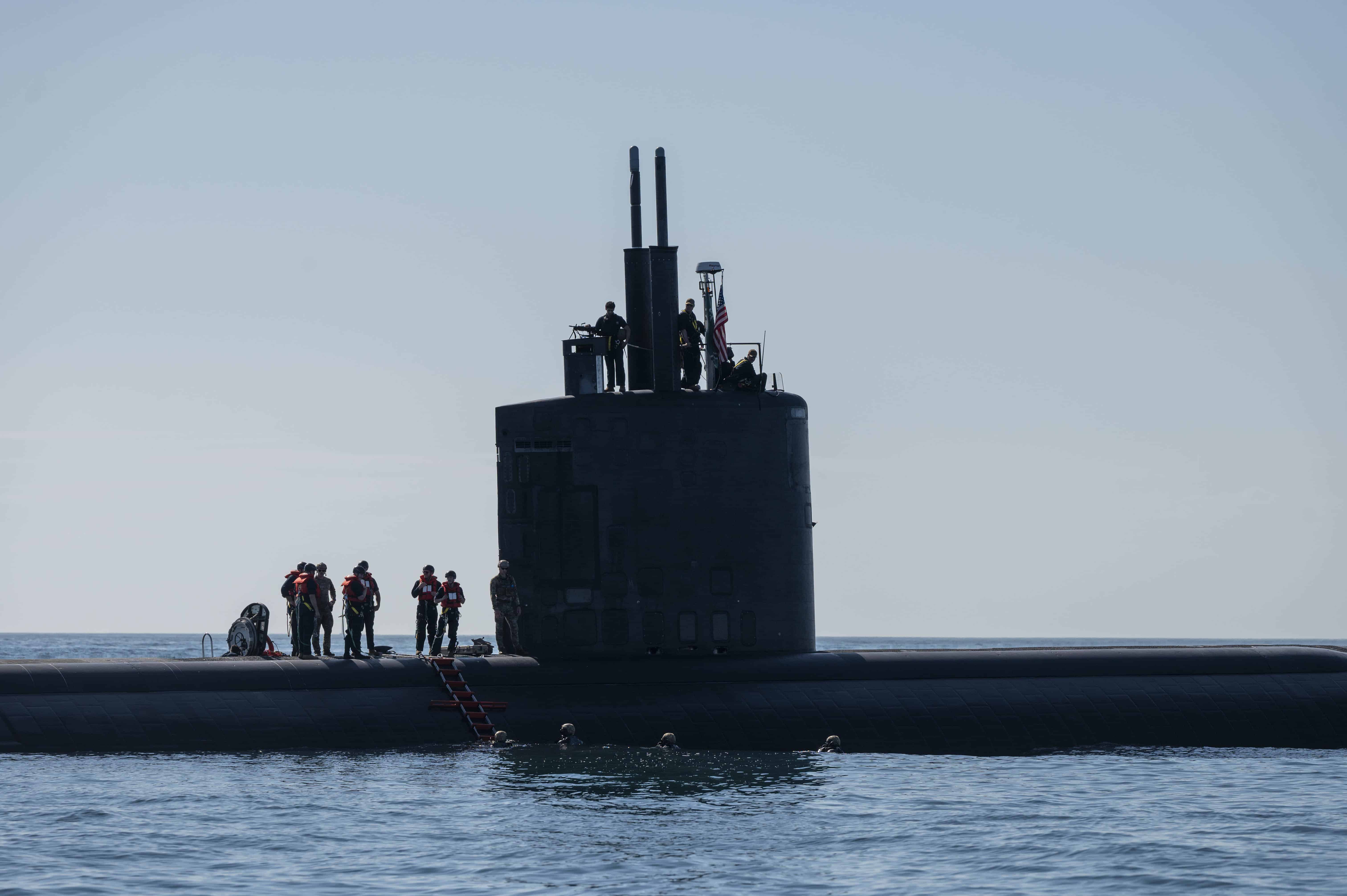For decades, the United States Navy SEALs have epitomized elite special operations, their rigorous preparation often cloaked in secrecy. Among their most specialized and least understood disciplines is their integration with submarine forces in the vast and strategically critical Pacific theater. This specialized capability, often referred to as "pacific submarine training," involves a complex synergy of human skill, advanced technology, and environmental mastery, allowing SEALs to execute critical missions with unparalleled stealth.
Editor's Note: Published on October 26, 2023. This article explores the facts and social context surrounding "did you know navy seals do this in pacific submarine training".
The Genesis of Sub-Surface Readiness
The operational marriage between Navy SEALs and submarines traces its roots back to the Cold War, where the need for clandestine insertion and extraction in hostile environments became paramount. Submarines, with their ability to navigate undetected deep beneath the ocean's surface, offered an ideal platform for delivering special operations forces close to shorelines without detection. Over time, this evolved from basic wet-suit dives from a submerged vessel to highly sophisticated techniques involving specialized submersibles and advanced communication protocols.
The Pacific Ocean, with its immense distances, varied archipelagos, and complex geopolitical landscape, presents a unique set of challenges that have shaped the evolution of this particular form of training. From the frigid waters of the North Pacific to the warm, coral-laden seas of the South China Sea, SEALs must be prepared for an incredibly diverse range of environments. This necessitates intensive, year-round training focused not just on individual combat skills, but on the intricate dance required to operate seamlessly with a multi-billion-dollar warship and its crew. The very nature of this collaborative effort underscores a constant drive for innovation in tactics and equipment.
"The submarine-SEAL interface represents the ultimate in stealth and precision for naval special warfare. It's a capability that is continually refined, ensuring we can project power and intelligence into the most challenging denied areas globally," remarked a retired Naval Special Warfare commander, speaking on condition of anonymity due to the sensitive nature of operations.
Operational Realities Beneath the Waves
The activities undertaken by Navy SEALs during Pacific submarine operations are multi-faceted, ranging from covert reconnaissance and surveillance to direct action missions. Submarines provide a mobile, undetectable base of operations, from which SEAL teams can deploy using various methods. These include Lockout Trunk (LOT) operations, where divers exit and enter a submerged submarine, or the deployment of Swimmer Delivery Vehicles (SDVs) mini-submarines designed to transport SEALs and their equipment over longer distances from the host submarine to a target area.
The emphasis during training is not merely on physical prowess but on an acute understanding of marine engineering, navigation, and the unique physiological demands of extended underwater operations. SEALs assigned to these roles undergo specialized courses focused on submarine familiarization, advanced diving techniques, and the complex procedures for operating SDVs. The objective is to merge the capabilities of the special operator with the stealth of the submarine, creating an unparalleled advantage in maritime special warfare.

